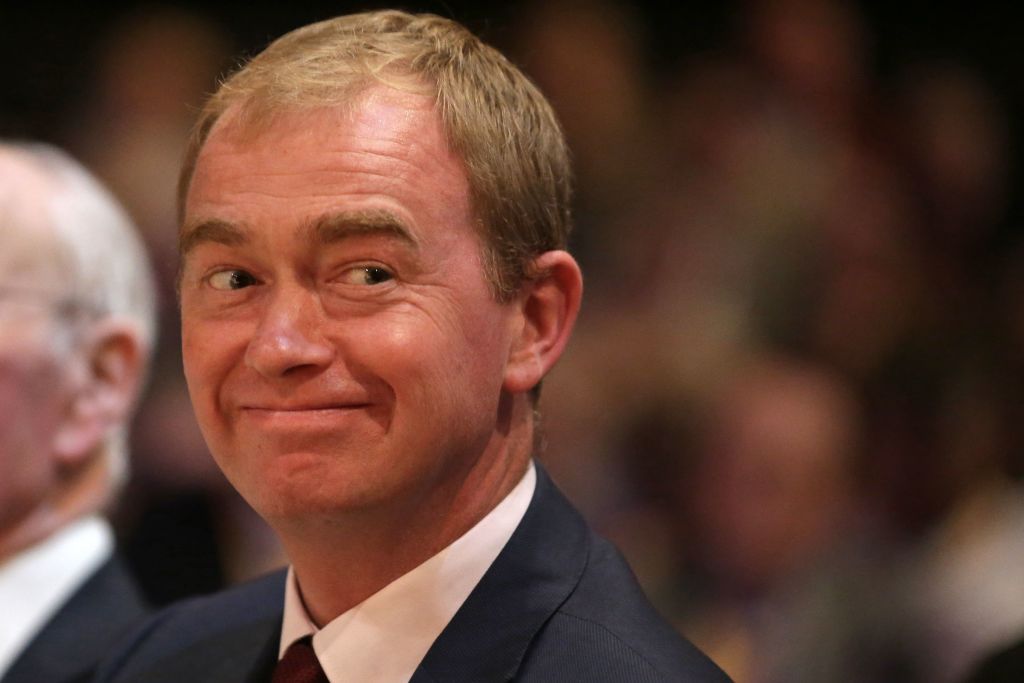Tim Farron is a conservative evangelical. Such Christians think they are braver than wishy-washy liberals when it comes to sin – they are not afraid to put it at the heart of their message. But in fact they’re in a muddle on sin.
Farron embodies it. During the election he was repeatedly asked by journalists whether he thought gay sex was a sin. He tried to avoid the question by saying that such questions were beyond the bounds of normal political discussion; he implied that secular journalists framed the question in the wrong way, not understanding that we are all sinners. But they kept pestering him. So in the end, under pressure from his colleagues, he said that he did not believe it was a sin.
He now takes that back – he told Premier Christian Radio that he felt pressured to give an answer ‘that, frankly, was not right.’ But he also returned to the point that sin is bigger than any list of offences. Here is what he said.
‘It’s tricky really…In the end, if you’re a Christian you’ve got a very clear idea of what you think sin is. It is us falling short of the glory of God. That is something that all of us share equally…everyone except Jesus. So in one sense to be asked that question is to persecute one group of human beings, because sin is something we are all guilty of….If you’re not a Christian, what does sin mean? It’s to be accused of something, it’s condemnatory…we’re talking different languages.’
He wants it both ways. He wants to say that sin is a general human condition – a notion that secular journalists fail to grasp. And he wants to say, or imply, that some forms of behaviour, including homosexuality, are especially sinful. But if we’re all sinners, does it make sense to call gay sex sinful? Surely straight sex is also sinful, and so is celibacy, and so is knitting, because it’s done by fallen humans. If someone gives up having gay sex, is he or she then no longer ‘falling short of the glory of God’? It doesn’t add up. I suppose Farron might say that gay sex is a manifestation of the sin that all of us share. But that’s a muddled and judgemental position: it says that some people share this condition more than others. And that a righteous pure elite are only nominal sinners, as they don’t express their sinfulness in sinful behaviour.
As I see it, evangelicals hold two concepts of sin simultaneously – a legalistic concept of sin that calls some people sinners for disobeying a supposed divine law; and an authentically Christian concept of sin, that sees sin as a general human condition. They should choose what sort of sin they believe in.







Comments